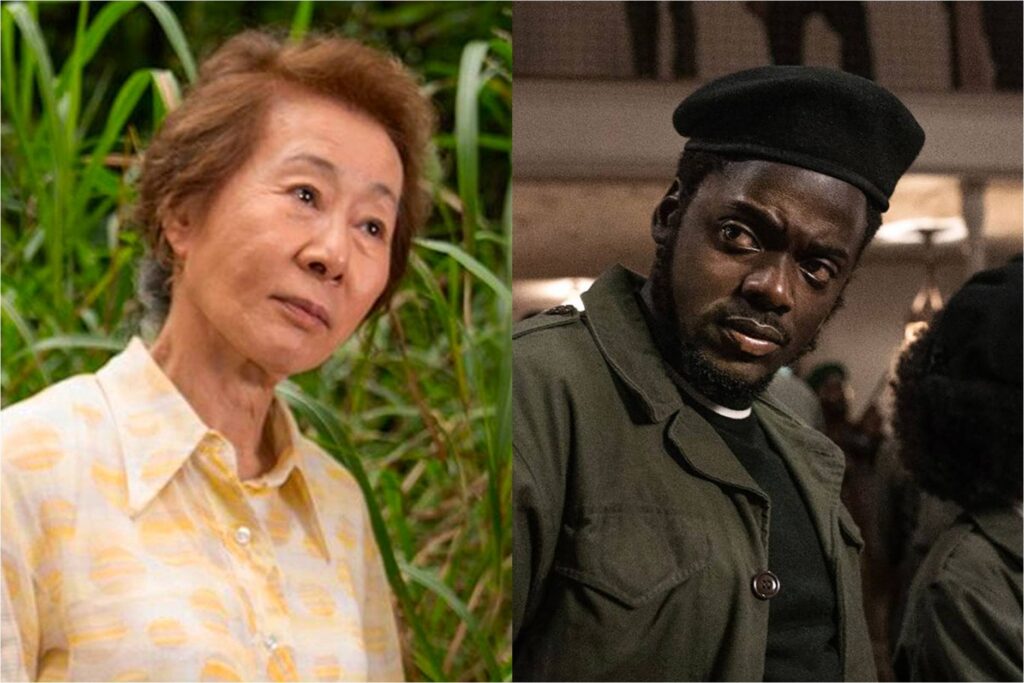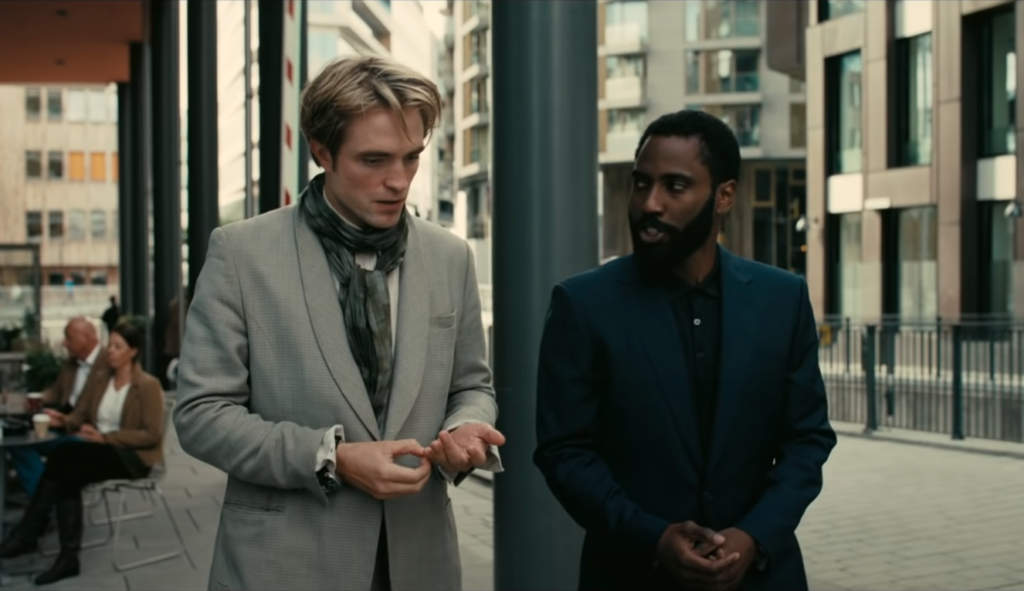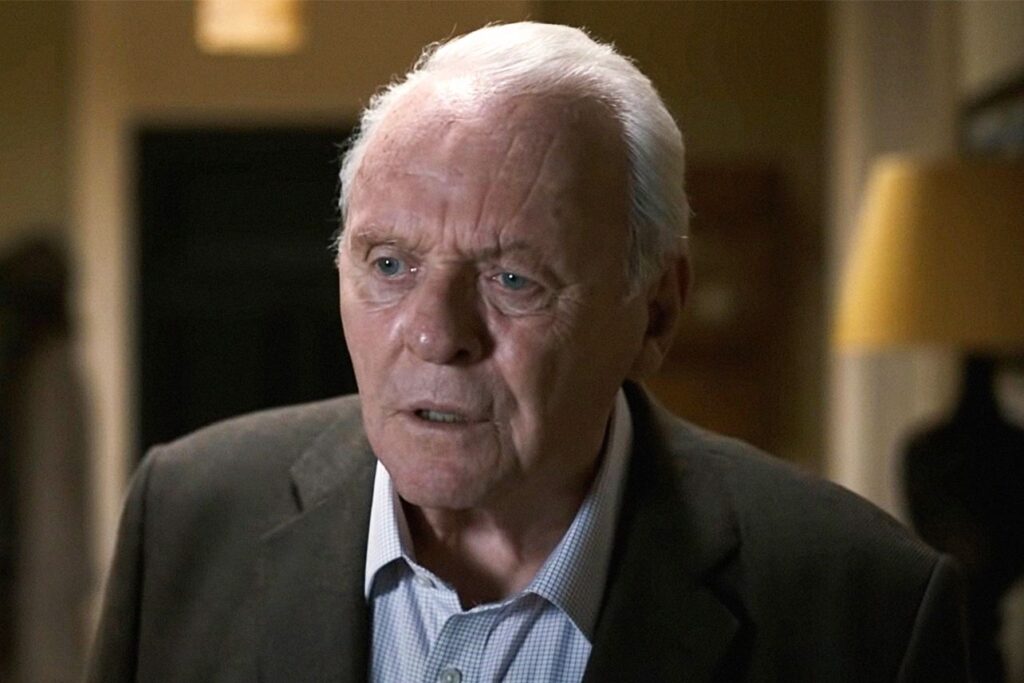Oscars 2020: The Lead Actors

The Oscars are just days away! We’ve already looked at some odds and ends, some higher-profile technical categories, and Best Supporting Actor and Actress. Today, we’re examining the always-exciting races in the lead acting categories.
Let’s start with the men:
BEST ACTOR
NOMINEES
Riz Ahmed—Sound of Metal
Chadwick Boseman—Ma Rainey’s Black Bottom
Anthony Hopkins—The Father
Gary Oldman—Mank
Steven Yeun—Minari
WILL WIN
All year, everyone has been assuming that Boseman has this locked up. He probably still does. But after Hopkins defeated him at the BAFTAs, some prognosticators started rumbling that this is now a legit race. Nothing’s guaranteed, of course, but I don’t buy it—partly because The Father is an extremely British film, and partly because of, er, certain circumstances. Boseman wins a posthumous Oscar for his final performance. Read More




